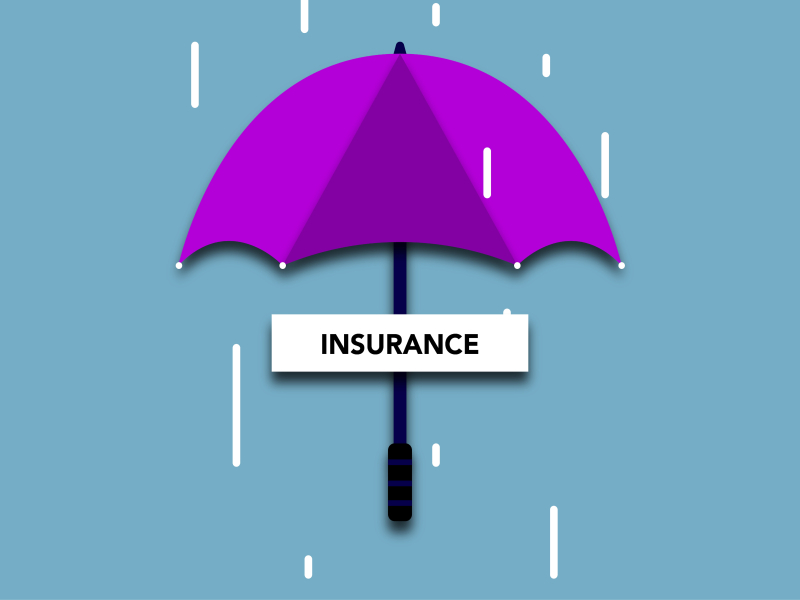
Key considerations around Health & Safety for The Leisure Sector.
There are many aspects to consider when running a business, and one of the major ones should be Health & Safety. It is important to keep your business, your people, customers and visitors safe and ensure your company is fully compliant.
Every business, small or large, is required by law to have a health and safety policy https://www.hse.gov.uk/simple-health-safety/policy/index.htm
As the business owner, you’re legally responsible for maintaining a safe work environment and complying with the Health and Safety at Work Act 1974. This is regulated by the Health and Safety Executive or your local authority.
The Health and Safety Executive (HSE) has information on their website to help those involved in operating and managing leisure activities to understand what duties they have under health and safety law, and how to comply with them.
The leisure sector is incredibly varied, ranging from swimming facilities to leisure centres, hotels, children's play areas and countryside parks. Every type of leisure destination comes with its own set of risks - for example, Hotels must meet safety regulations in their rooms and must have a clear evacuation procedure in place for any emergency. Children's play areas must also be regularly inspected to make sure that equipment is safe and secure. Countryside parks must make sure that pathways are maintained and accessible, and any trees or other structures are secured and safe. Overall, the leisure sector is wide-ranging and, in some cases, can be high-risk, so it is important that safety protocols are always adhered to.
Slips, trips and falls are the most common workplace accident. In a kitchen environment, with multiple staff in a confined space, you increase the risk of accidents, so it’s important to train your staff on effective communication within tight spaces. Create work zones in your kitchen to maximise safety and avoid collision, with separate zones for baking, frying, prep work etc.
Food Safety
This is a key issue, and centres around avoiding cross contamination. All restaurant staff should understand basic food safety to avoid making themselves or your customers sick.
Further tips on food safety and hygiene can be found here. https://www.gov.uk/food-safety-your-responsibilities
Training and Information
Under this legislation, you also need to provide relevant information and training to your team to ensure their safety whilst at work. This covers customers, visitors, contractors, neighbours, and members of the public (even those who wander in through an open door).
If you have more than five employees, you must have a health and safety policy that explains how you will manage health and safety in your business.
Regardless of the number of employees you have, you should display a Health and Safety Law poster where employees can easily read it.
Guidance on how to write this policy can be found on the HSE website2 [2] https://www.hse.gov.uk/simple-health-safety/policy/how-to-write-your-policy.htm
You should also have safety signage up to notify staff of:
- fire escape routes and exit signs
- first aid information
- hot water
- corrosive materials
- any other hazards that could endanger your employees
Risk Assessments
Any hazards can be identified through a risk assessment3 , https://www.hse.gov.uk/simple-health-safety/risk/index.htm to identify aspects which could cause injury or illness to employees or others in your workplace.
First Aid
There should also be a first aid kit on the premises with at least one employee who is able to undertake first aid and take the necessary steps in the event of an accident.
Employee Obligations
Under the act your employees also have an obligation to:
- take reasonable care of their own health and safety and the health and safety of those that may be affected by their actions.
- co-operate with you as their employer to enable them to comply with their health and safety duties
- use equipment and safe systems of work provided by their employer as instructed.
Your health and safety policy should ideally be reviewed annually.
Accidents At Work- reporting
If someone becomes injured or falls ill within your workplace due to business operations, it must be reported to the HSE3. [3] https://www.hse.gov.uk/simple-health-safety/risk/index.htm
This also includes any ‘near-miss’, incidents which might seem less severe but could lead led to more serious issues.
An accident at work can cause debilitating and difficult injuries for your employees to deal with, particularly for those involved in manual labour. This can result in individuals being unable to work and, as such, can lead to financial difficulties.
There are a number of areas that demand specific consideration.
- Construction industry and working at heights
- Emergency planning
- Fire safety and risk assessments
- First aid at work
- Food safety basics
- Food safety rating and prosecutions
- Gas and electricity
- Health and safety policies
- Risk assessments
- Health and safety signs
By failing to comply with health and safety regulations you could increase the risk of injury to your people, but also face criminal prosecution. You could see claims for damages and compensation and face negative impacts upon your reputation.
Special damages revolve around the financial losses caused by the injury. This can include claiming for things like:
- Loss of earnings
- Loss of future earnings
- Travel costs
- Prescription/medicines
- Recreational activities that the employee can now no longer commit to.
That is why you need to ensure that you have Employers Liability insurance. This insurance will help you to pay any compensation if an employee is injured or becomes ill as a result of the work they do for you and seek to claim compensation from you (due to your negligence and if you are found liable).
Management Liability insurance will help defend you in the circumstances that you are accused of a wrongful act including Health & Safety legislation.
Talk to your insurance broker for further advice on being compliant and ensuring you have the appropriate cover in place to protect your business.
Talk to us about all aspects of trade specific accounting and end of year submissions.



